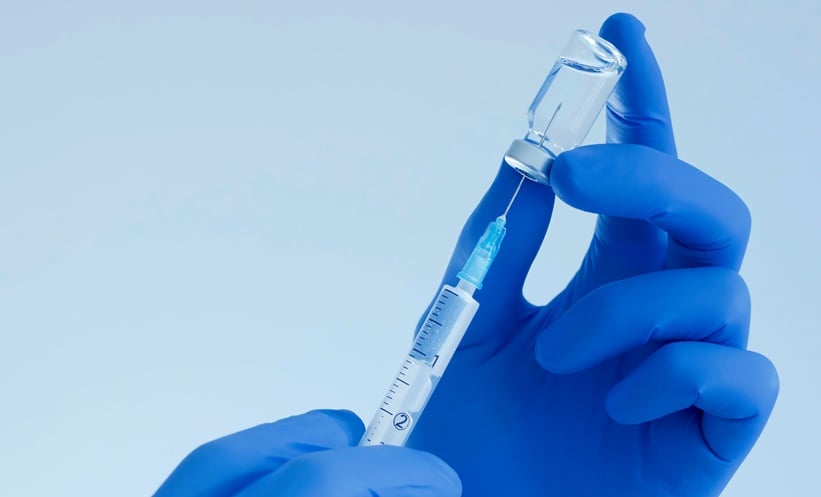A RECENT study investigating the impact of COVID-19 vaccinations on immunocompromised individuals has revealed that vasculitis patients receiving rituximab exhibit significantly impaired immune responses. The study highlights the necessity of a third vaccination to detect neutralising activity, particularly against emerging Omicron subvariants such as XBB, which show poor response rates. These findings underscore the vulnerability of immunocompromised individuals and the critical need for enhanced vaccination strategies. COVID-19 has had a devastating global impact, claiming approximately 15.9 million lives in 2020 and 2021. However, nearly 20 million deaths were estimated to have been prevented through vaccination. Despite this progress, individuals with weakened immune systems remain at heightened risk, particularly those undergoing treatment with B cell–depleting agents such as rituximab for conditions like systemic vasculitis.
Breakthrough infections in immunocompromised individuals are a significant concern due to persistent viral shedding and the potential emergence of new SARS-CoV-2 variants. Given that neutralising antibodies serve as key indicators of immune protection and infection clearance, the effectiveness of COVID-19 vaccines in immunocompromised patients warrants thorough investigation. Patients treated with rituximab experience impaired humoral immunity due to the depletion of CD20 antigen–containing B cells, leading to diminished vaccine-induced immune responses. Although additional vaccine doses have been recommended, studies suggest that seroconversion rates in immunocompromised individuals are lower than in the general population. Notably, this population accounts for over 20% of COVID-19 hospitalisations, intensive care admissions, and deaths.
Longitudinal vaccine immunogenicity studies in the post-Omicron era are scarce. Recent findings indicate that a third vaccination is necessary for vasculitis patients receiving rituximab to develop detectable neutralising responses. However, responses to emerging Omicron subvariants, such as XBB, remain notably poor. This suggests that while booster doses promote B cell differentiation and affinity maturation, the emergence of new variants may hinder long-term protection. The observed delay in neutralising responses relative to IgG-binding antibody responses suggests that serological assays may not reliably predict vaccine efficacy in immunocompromised individuals. The severe impairment of neutralisation against Omicron-descendent variants in rituximab-treated patients highlights the urgent need for additional strategies to enhance vaccine-induced immunity. Access to updated vaccines tailored to circulating variants is essential to ensure improved protection in this vulnerable population. Further research is needed to optimise vaccination strategies and explore adjunctive therapies to support immune responses in immunocompromised individuals, particularly those undergoing B cell–depleting treatment.
Reference
Kamelian K et al. Humoral responses to SARS-CoV-2 vaccine in vasculitis-related immune suppression. Sci Adv. 2025;11(7):eadq3342.






